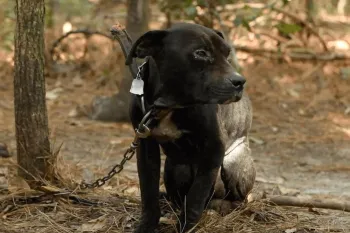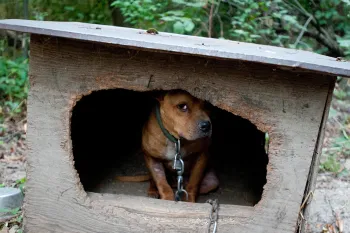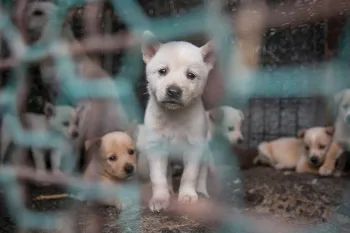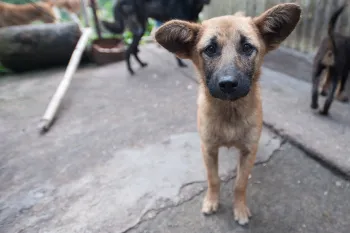ROME—Alerting authorities anonymously plays a critical role in exposing and preventing crimes against animals and the environment. This was the key message that emerged during the event “Whistleblowing and Animal Protection”, held on May 6 in Rome at the offices of the law firm Eversheds Sutherland. The initiative was promoted by Humane World for Animals Italy and Fondazione Cave Canem.
Reporting by whistleblowers of violations of EU law or of offenses punishable under the Italian legal system—particularly in the areas of environmental protection and animal health and welfare—and the protection of these individuals, are crucial to safeguarding the public interest in preventing and prosecuting such acts.
In Italy, whistleblowers are protected under Legislative Decree 24/2023, which implements Directive (EU) 2019/1937 on the protection of persons who report breaches of Union law. The decree also includes provisions for protecting individuals who report violations of national laws, including crimes against animals.
The Italian Penal Code punishes anyone who kills or mistreats an animal “out of cruelty or without necessity,” anyone who organizes or promotes animal fights, anyone who abandons domestic animals, and anyone who kills, captures, or keeps specimens belonging to a protected wild animal species.
Animal welfare NGOs play a key role in raising public awareness by exposing the systematic cruelty inflicted on animals—as demonstrated by the investigations conducted by Animal Equality—and by equipping citizens with the tools they need to take action.
As part of the “Io non combatto” project, Fondazione Cave Canem and Humane World for Animals Italy—formerly known as Humane Society International in Italy—have developed the Citizen’s Guide, a resource designed to help the public identify and report illegal dogfighting operations.
“If someone witnesses criminal activities involving harm to animals, it is essential to report them in accordance with the procedures and roles established by current regulations. Citizens should not attempt to replace law enforcement or investigating authorities but rather aim to provide them with all the information needed for effective intervention. This is the main message of the guide, which encourages active and responsible citizenship—an essential factor in eliminating a phenomenon that represents a severe form of cruelty toward animals,” said Martina Pluda, director of Humane World for Animals Italy.
“When we enter kennels or breeding facilities that fail to comply with regulations and lack the minimum structural and management requirements to ensure animal welfare, we find not only abused animals but also the evidence of a system that has failed. We have a duty to support the authorities with technical expertise and to promote a culture of respect and legality. Whistleblowing can be a powerful tool for change, but it requires concrete protection for those who report, and structured pathways for the recovery of the animals involved. An investigation is only the beginning—the real change lies in the possibility of restoring dignity and a future to rescued animals,” stated attorney Federica Faiella, president of Fondazione Cave Canem.
The event concluded with a screening of “Food for Profit”, the documentary by Giulia Innocenzi and Paolo D’Ambrosi on factory farming, which highlights the role of investigative journalism in collecting and giving voice to whistleblower reports.



